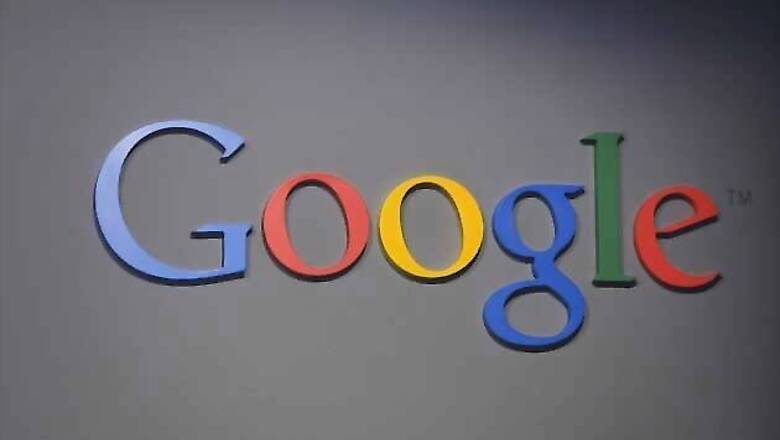
views
San Francisco: Google is becoming more secretive about its acquisitions as the Internet company hunts for promising innovations and engineering talent to help shape the future of technology.
The subtle change surfaced this week in Google's 2013 annual report. Google didn't quantify the total number of deals that it closed last year in the regulatory filing, marking the first time that the Mountain View, California, company has withheld that detail since going public in 2004.
Instead of specifying the total number of acquisitions during 2013, Google only said it spent a combined $489 million on all deals besides its purchase of online mapping service Waze. The Waze deal was so large that government regulations prompted Google to break out the $969 million price paid for that acquisition.
While Google has always revealed the prices that it has paid in big acquisitions like Waze, the company regularly provided a running tally of how many smaller deals that it had been closing.
For instance, in its annual report covering 2012, Google disclosed that it bought Motorola Mobility for $12.4 billion and paid an additional $1.17 billion to complete 52 other deals. In 2011, Google listed a total of 79 deals costing a combined $2 billion.
Google didn't respond to requests seeking an explanation for the change in the way it discloses its acquisitions.
The switch probably was motivated for competitive reasons, said George Geis, a UCLA business professor who studies mergers and acquisitions. He suspects Google might have been worried that rivals, investment bankers and other outsiders were parsing the total number of deals in an attempt to figure out how much the company has been paying for some of its acquisitions.
"Google probably asked itself, 'Is that number (of total deals) something that we really need to be putting out there just as we are getting more active in acquisitions?'" Geis said. "I don't think there is anything particularly nefarious about it."
The circumspection makes Google more like one of its fiercest rivals, Apple, which has never disclosed how many deals it closed in its regulatory filings. Apple just lists the total amount of money and stock that it paid for acquisitions, just as Google is now doing.
Google also may have decided to stop sharing the total number of deals that it's making to avoid potential misinterpretations, according to Geis. Although most of the deals covered by Google's breakdowns in previous years were takeovers of entire companies, a few were limited to patent portfolios or partial acquisitions, Geis said.
The new approach doesn't mean all of Google's acquisitions will remain under wraps. The laws governing publicly traded companies still require Google to announce all major deals, such as its Motorola Mobility purchase and its recent $3.2 billion takeover of smart thermostat maker Nest Labs. Geis estimates about 95 percent of Google's smaller acquisitions also are eventually disclosed, usually in blog postings by Google or the startup being bought.
Before taking its more guarded stance, Google had revealed that it had paid $1.33 billion on 21 deals during the first nine months of last year, including the Waze acquisition. That meant the company spent a total of $120 million on an unknown number of deals that closed from October through December. The biggest chunk of that money may have been spent on Boston Dynamics, a U.S. military contractor that makes robots resembling wild animals.
All told, Google's regulatory filings had listed a total of 238 deals costing a combined $23.7 billion from 2004 through September 2013.















Comments
0 comment